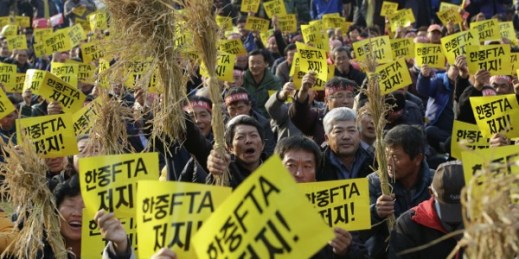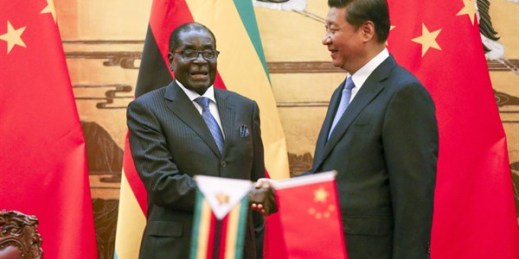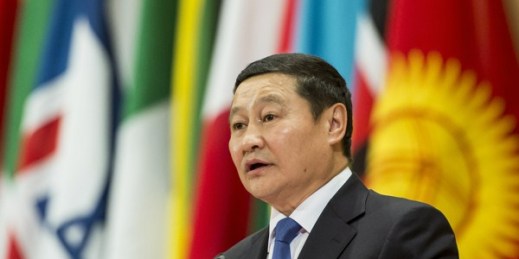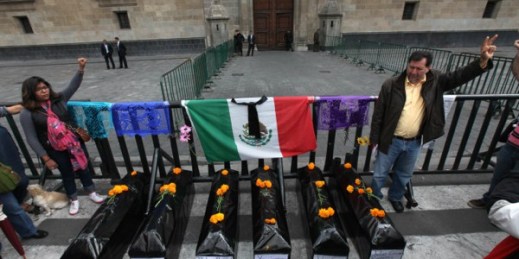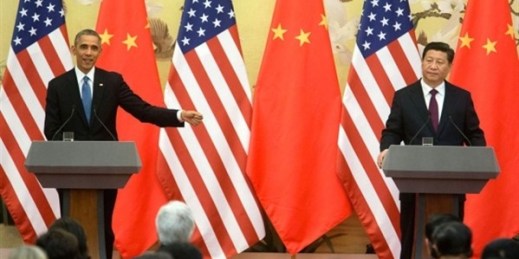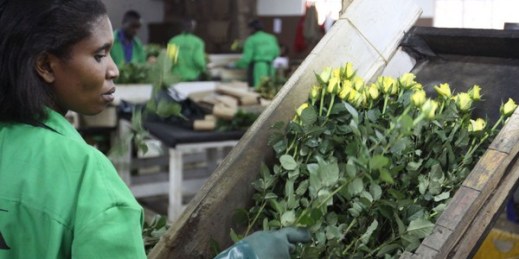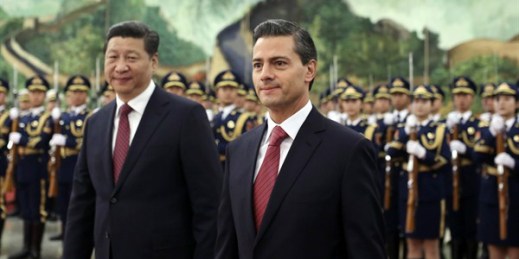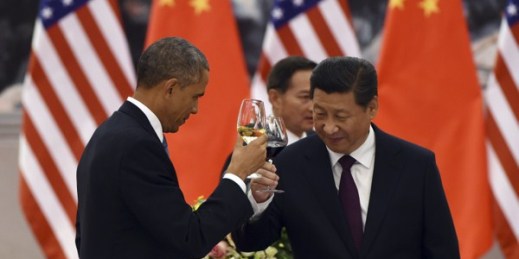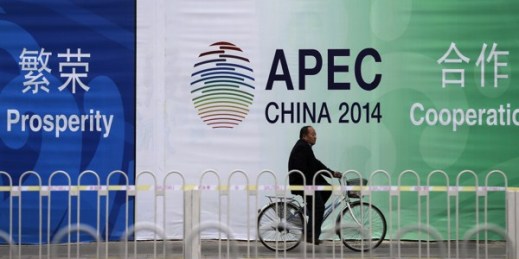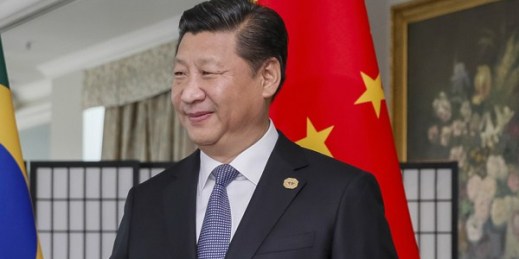
Since coming to power in 2012, Chinese President Xi Jinping has exhibited a more forceful and direct style of governance than his predecessor. That has included an unprecedented domestic anti-corruption campaign, a renewed push at corporate sector reform and a more strident posture in many aspects of foreign policy. Some foreign commentators have interpreted these moves as an attempt to recentralize political power and even re-establish the “cult of personality” around political leaders that prevailed in China for much of the 20th century. An alternative interpretation is that Xi’s government has acknowledged fundamental problems within the Chinese political economy and […]

